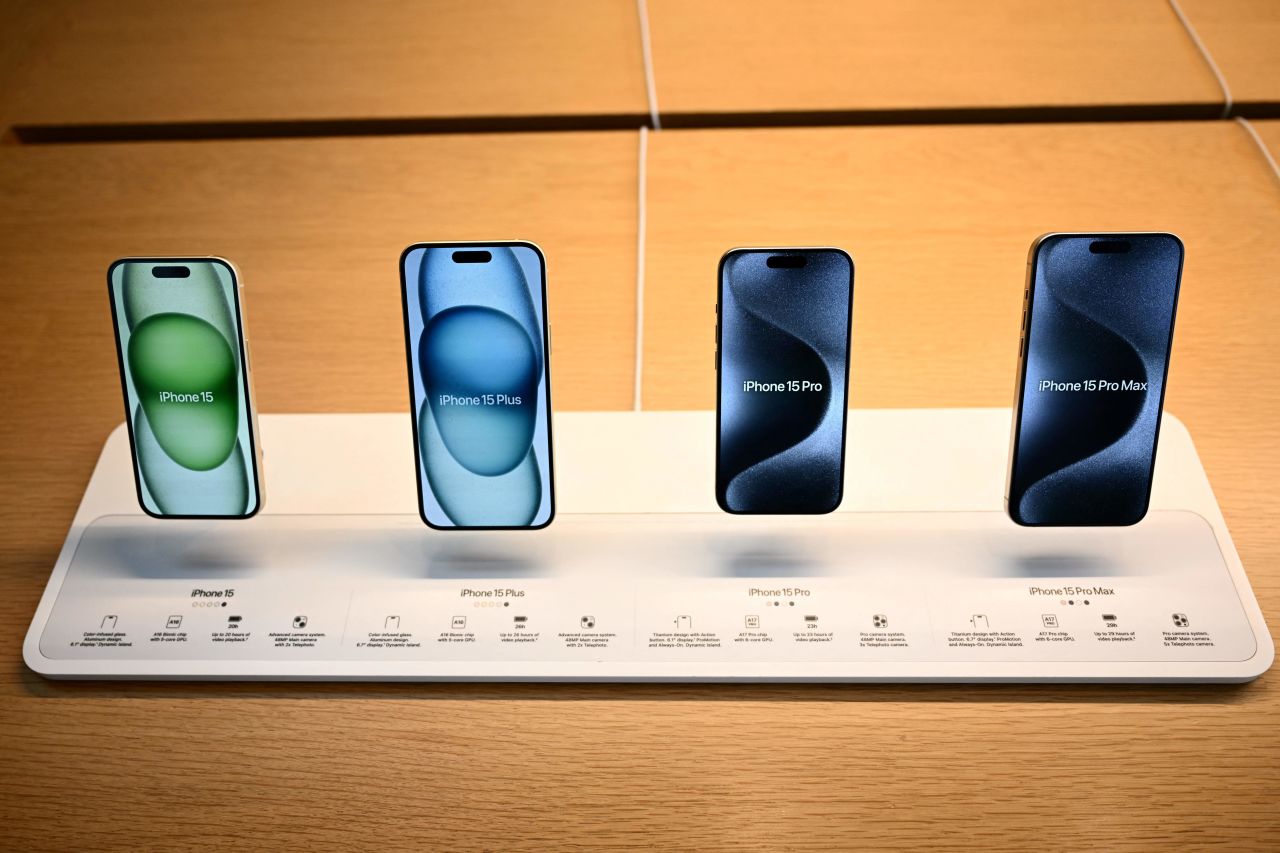What we covered
- The US Justice Department and more than a dozen states filed a blockbuster antitrust lawsuit against Apple on Thursday.
- The DOJ claims Apple has used anticompetitive tactics, such as blocking innovative new apps and degrading how Android messages appear on iPhones, to maintain a monopoly on the smartphone market.
- The long-anticipated lawsuit comes after years of allegations by critics that Apple has harmed competition with restrictive app store terms, high fees and its walled-garden technology ecosystem.
- Apple is the latest — but largest — in a string of Big Tech companies to face monopoly accusations as the US government cracks down on a massive industry that went largely unchecked for the past several decades.
Our live coverage has ended. You can read more about the antitrust lawsuit here and scroll through the posts below to see how the day played out.
















